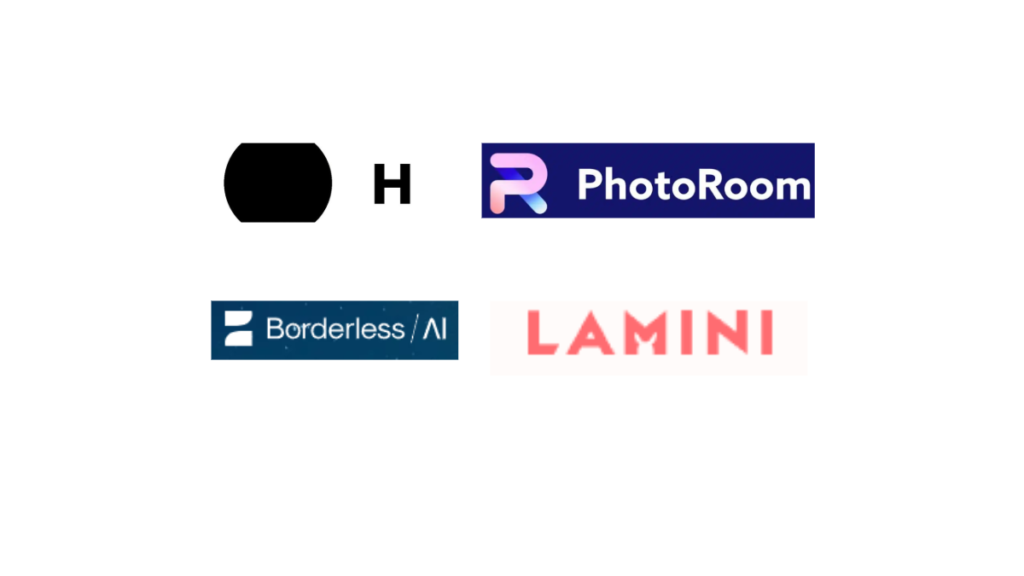
Bernard Arnault, chairman of Louis Vuitton Moet Hennessy (LVMH) Group, the global “luxury industry godfather,” is shopping for artificial intelligence (AI) startups.
According to CNBC on the 21st local time, Arnaud has invested in five startups this year through Agle Ventures, a group affiliate and venture capital. All of them are companies that provide AI services, and the investment is estimated to reach $300 million.

The largest investment company is French AI software developer H (formerly Holistic AI). The company was co-founded last year by developers from DeepMind, an AI subsidiary of Alphabet, and four researchers from Stanford University, and received an initial seed investment of $220 million in May. Chairman Arnaud and former Google CEO Eric Schmitt were included in the list of investors, and the company’s current value is estimated at $370 million. It has also invested in U.S. enterprise AI generation platform company Ramini and AI marketing solutions company Proxima, Canadian startup Borderless AI that provides human resource management services through AI, and French AI image editing platform company Photo Room.
Analysts say that AI has been used as a new breakthrough to overcome poor performance.
LVMH’s performance has been deteriorating since last year. This is due to a sharp drop in demand for luxury goods from “big-handed” Chinese consumers due to high interest rates and high prices. In the second quarter of this year, LVMH sales (€20.98 billion) rose only 1% year-on-year. Compared to sales growth (21 percent) in the same period last year, growth slowed significantly. LVMH shares fell more than 19% in six months, with the investment industry also lowering its target stock price one after another.
Recently, the luxury goods industry is actively introducing AI technology for customized marketing and counterfeit identification. With Gucci and Yves Saint Laurent, Kering Group is using AI to predict trends and manage inventory. Richmont Group, famous for Tiffany and Cartier, also provides marketing services based on AI data.
SALLY LEE
US ASIA JOURNAL



